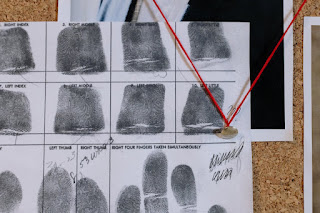Yes, that's right -- USCIS just announced today that it will exempt the biometric services fee for all Form I-539s. Form I-539 is used by foreign nationals to change and/or extend their non-immigrant visa status in the United States. Typically, the I-539 is used to change status to H-4, F-1, B-2, etc.
As of Oct 1st, the $85 biometric fee will be exempt for all I-539 applications. The exemption will apply to all I-539 applications post-marked on or after Oct.1st. Additionally, most applicants who file their I-539 on or after Oct. 1st will not be scheduled for a biometric appointment.
Previously, USCIS has exempt biometric fees and appointments for I-539s requesting an extension of stay in or change of status to H-4, L-2, or E nonimmigrant status through 09/30/2023. Today's excemption covers all I-539 applications.
Applicants who has filed their Form I-539 prior to Oct. 1st may still be scheduled for an ASC appointment and should still attend that appointment as scheduled.
It is important to pay the correct filing fees. Starting Oct. 1st, applications submitted with one check for both the I-539 application fee and the biometric fee will be rejected. However, applications with a combined credit card payment will not be rejected. In this case, USCIS will only charge the application fee to the credit card.






